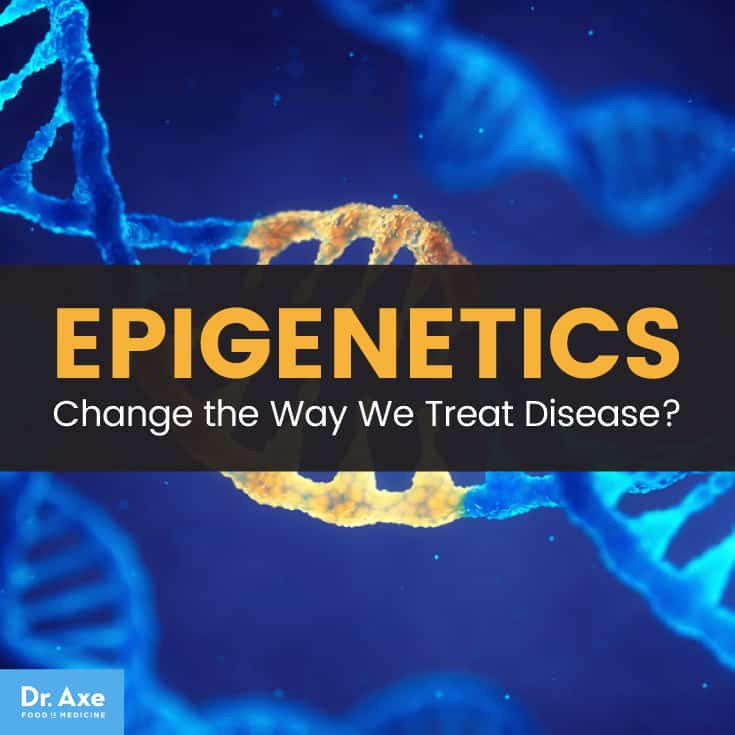Epigenetics: A Revolution in Disease Treatment
Epigenetics is the study of how environmental factors can influence gene expression, leading to changes in an organism's characteristics. This rapidly evolving field holds immense promise for developing novel therapies to treat a wide range of diseases.
Targeting Epigenetic Mechanisms
Epigenetic therapies focus on modifying gene expression patterns, rather than altering the underlying DNA sequence. This approach offers a distinct advantage in addressing diseases where gene expression is dysregulated, such as cancer, neurological disorders, and autoimmune diseases.
DNA Methylation and Histone Modifications
Two key mechanisms of epigenetic regulation include DNA methylation and histone modifications. DNA methylation involves the addition of methyl groups to DNA, which can either activate or silence a gene. Histone modifications, on the other hand, alter the structure of chromatin, the complex of DNA and proteins that make up chromosomes, thereby influencing gene expression.
The Rise of Epigenetics Biotech Companies
Driven by the immense potential of epigenetics, numerous biotech companies have emerged to develop groundbreaking therapies. Here are six leading players in the field, each with its unique approach and promising pipeline:
Chroma Medicine: Programmable Epigenetic Editors
Based in Massachusetts, Chroma Medicine is pioneering the development of programmable epigenetic editors. These editors are designed to precisely target specific genes and control chromatin conformation, effectively silencing or activating gene expression.
A Novel Approach to Gene Regulation
Chroma's editors consist of a DNA-binding domain that recognizes and binds to a specific gene and a modular epigenetic effector domain that creates durable methylation patterns. This innovative approach allows for targeted and precise modulation of gene expression, offering a potential solution for diseases caused by aberrant gene activity.
Partnerships and Clinical Advancements
Chroma has partnered with the Whitehead Institute to access the CHARM technology, which uses an epigenetic editing effector domain to recruit and activate endogenous DNA methyltransferases to silence target genes. The company's preclinical studies have demonstrated the potential of epigenetic gene silencing in suppressing the Pcsk9 gene, linked to high cholesterol, highlighting the therapeutic potential of its approach.
Storm Therapeutics: Targeting RNA-Modifying Enzymes
Storm Therapeutics, a British spinout, is focused on developing inhibitors of RNA-modifying enzymes. These enzymes play a crucial role in cellular processes, and dysregulation of their activity can contribute to various diseases, including cancer.
A First-in-Class Inhibitor
Storm's lead candidate, STC-15, is the first RNA methyltransferase inhibitor to enter clinical trials. STC-15 inhibits METTL3, an RNA methyltransferase associated with cancer and other diseases. Initial clinical data have shown that STC-15 is well-tolerated and exhibits clinical activity, suggesting its potential as a novel cancer treatment.
Targeting Beyond Cancer
Beyond cancer, Storm is also developing preclinical candidates to address Alzheimer's disease and other neurodegenerative conditions. The company is even exploring the potential of its technology to target the coronavirus.
K36 Therapeutics: Targeting Multiple Myeloma
K36 Therapeutics, an American startup, is tackling multiple myeloma, a type of bone marrow cancer. The company's approach focuses on inhibiting the overexpression of the MMSET gene, which is often associated with the disease.
First-in-Class Therapy for Multiple Myeloma
K36's lead candidate, KTX-1001, is a small molecule that specifically inhibits MMSET overexpression. KTX-1001 is the first investigational drug targeting MMSET to enter clinical trials, highlighting the company's innovative approach to treating multiple myeloma.
Strong Financial Backing
K36 Therapeutics has secured significant funding, including a Series B investment from Bristol Myers Squibb, demonstrating the pharmaceutical industry's confidence in its approach. This strong financial backing will enable the company to advance KTX-1001 through clinical development.
Omega Therapeutics: Engineering Epigenomic Controllers
Omega Therapeutics, based in Massachusetts, is developing mRNA therapeutics called epigenomic controllers to regulate gene expression and control cellular activity. The company has identified thousands of insulated genomic domains (IGDs), three-dimensional loops of DNA that regulate genomic activity.
Targeting Undruggable Targets
Omega's lead candidate, OTX-2002, is currently in Phase 1/2 trials for liver cancer. Initial clinical data suggest that OTX-2002 can achieve on-target genomic engagement and downregulate the MYC gene, a key target in cancer development. The trial showed durable decreases in MYC mRNA expression levels.
Partnerships and Broader Applications
Omega has partnered with Novo Nordisk to develop a therapy for obesity, showcasing the broader potential of its technology beyond cancer. This partnership underscores the growing interest in epigenetics as a therapeutic modality for various diseases.
Inherent Biosciences: Advancing Reproductive Health
Inherent Biosciences, an American biotech company, is utilizing epigenetics to address reproductive health. The company has developed Path SpermQT, an epigenetic sperm quality test that provides a more comprehensive assessment of sperm function than traditional semen analysis.
Predicting Fertility Outcomes
The SpermQT test analyzes epigenetic patterns in sperm DNA to categorize sperm quality as excellent, normal, or poor. This information can help fertility doctors and patients understand the sperm's ability to fertilize an egg, leading to better-informed treatment decisions.
From Diagnosis to Treatment
In addition to its diagnostic capabilities, Inherent is also exploring the development of epigenetics-based therapies to treat infertility, showcasing the potential of epigenetics to improve reproductive outcomes.
Epic Bio: Controlling Gene Expression Without Permanent Edits
Epic Bio, a California-based company, has developed the Gene Expression Modulation System (GEMS) platform to control the epigenome without making permanent edits to DNA. This approach offers a more targeted and reversible way to modulate gene expression.
A Versatile Platform
The GEMS platform consists of three key components: a DNA-binding protein, guide RNAs, and modulators. The DNA-binding protein, guided by the RNA, recognizes and binds to the target sequence, while the modulators alter gene expression, either activating or silencing gene transcription.
Targeting Muscle Disorders
Epic Bio's lead candidate, EPI-321, is in IND-enabling studies for facioscapulohumeral muscular dystrophy (FSHD), a genetic muscle disorder. EPI-321 targets the DUX4 protein, which is known to contribute to muscle cell death. The company's innovative approach has earned it orphan drug designation from the FDA, paving the way for clinical trials.
A Growing Market with Exciting Possibilities
The global epigenetics market is experiencing significant growth, fueled by the rising number of epigenetic therapies entering clinical trials. The integration of artificial intelligence (AI) into drug discovery is further accelerating progress in the field. Pharmaceutical giants like AstraZeneca are investing heavily in epigenetics research, solidifying its importance in the future of medicine.
Epigenetics: A New Era in Healthcare
Epigenetics is revolutionizing healthcare by offering new and innovative approaches to disease treatment. The emergence of leading biotech companies, coupled with significant investment and collaborations, suggests that epigenetics will play a pivotal role in shaping the future of medicine.
The Future is Bright
From targeted gene silencing to RNA modification and epigenomic controllers, the field of epigenetics is brimming with exciting possibilities. The potential to develop therapies that are more precise, targeted, and reversible holds immense promise for treating a wide range of diseases, improving patient outcomes, and enhancing the overall well-being of individuals.


















